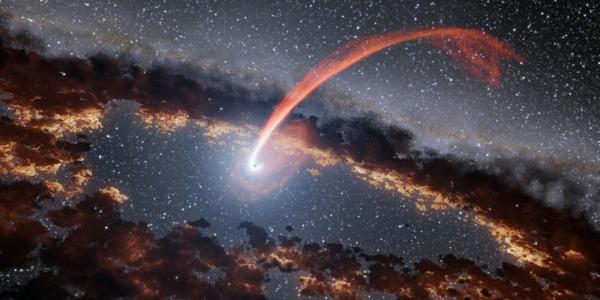Space Sciences/Astrophysics Seminar with Nima Sedaghat on Letting the Data (a.k.a Universe) Speak for Itself
Machine learning has been widely applied to clearly defined problems in astronomy and astrophysics. However, deep learning and its conceptual differences from classical machine learning, particularly its representation learning properties, have been largely overlooked in these fields. The common vision behind the topics covered in this talk is that letting the abundant real astrophysical data speak for itself, with minimal supervision and no labels, can reveal interesting patterns which may facilitate the discovery of novel physical relationships. During the talk, I will showcase two implementations of this idea on stellar spectra: The first work, called Astro-machines, demonstrates how a machine can start to make sense of raw numerical data and begin learning known astrophysical parameters from them, without being explicitly asked to do so! The second one, called Stellar Karaoke, shows how machines can provide us with novel insights into a long-standing problem, namely the removal of adversarial atmospheric effects, just by examining a large number of raw numerical vectors. I will go ahead and discuss the ongoing and upcoming research in this direction, in the context of the "Raw Data Speaks" initiative, which connects computer scientists with scientists from other domains who seek new insights into the universe through the eyes of AI agents.
Sponsored by the McDonnell Center for the Space Sciences.

